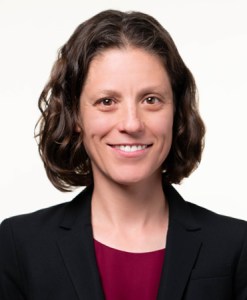This paper develops a macro heterogeneous-agent model to quantify the distributional impacts of higher temperatures in the US. Households adapt to temperature by using energy and equipment for heating and cooling. A key insight is that temperature acts as a transfer from nature, augmenting household income by the value of heating or cooling provided by nature. The welfare effects of climate change vary substantially with income, increasing welfare inequality in the colder parts of the US. This heterogeneity results from the effects of climate change on transfers from nature and on households’ extensive-margin decisions to purchase heaters and air conditioners.
Suggested citation:
Fried, Stephie. 2024. “A Macro Study of the Unequal Effects of Climate Change.” Federal Reserve Bank of San Francisco Working Paper 2024-18. https://doi.org/10.24148/wp2024-18
